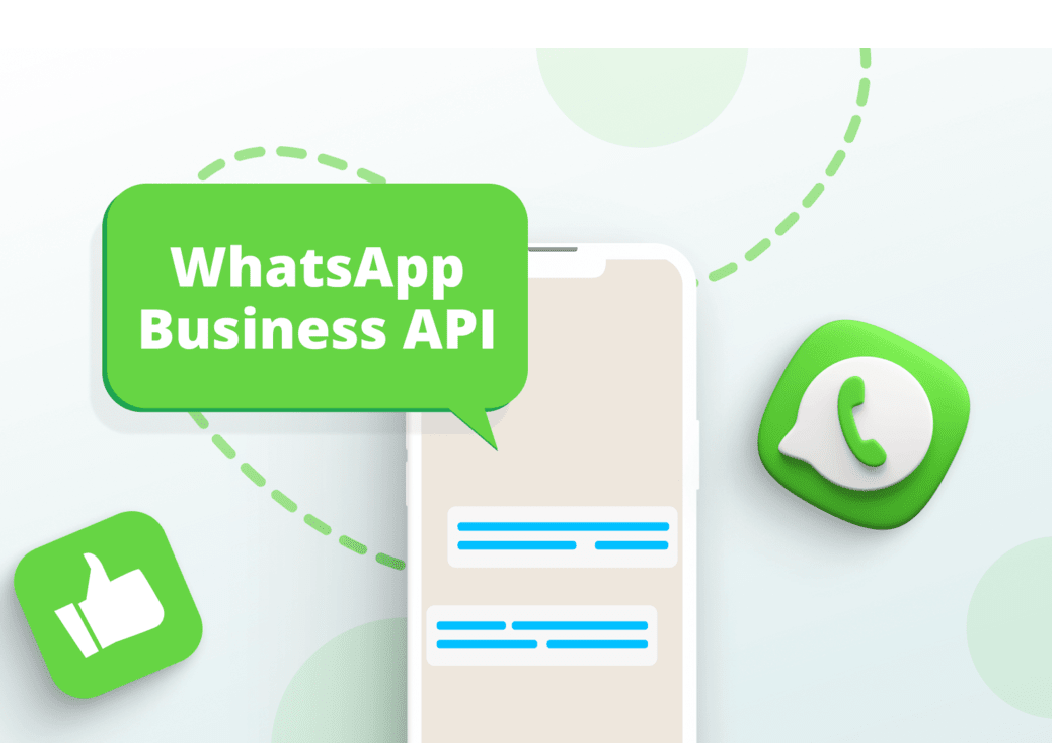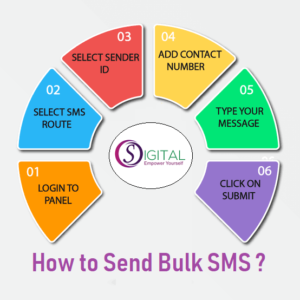WhatsApp Business API is designed for larger businesses and mid size enterprises with the capability to handle a high volume of customer interactions and communication needs. However, some small businesses may still find value in using the WhatsApp API, depending on their specific requirements and goals. Here are some circumstance for small businesses interested in using the WhatsApp Business API:
Communication Volume: Evaluate whether your small business anticipates a significant volume of customer inquiries that would benefit from automation and integration with your existing systems. If your communication needs are relatively low, using the WhatsApp Business App might be sufficient.
Integration: If you have an existing CRM system or customer support tools that you’d like to integrate with WhatsApp, the API can provide a more seamless and efficient solution. This is especially useful if you want to streamline your customer communications and data management.
Customer Engagement: WhatsApp is a popular messaging platform, and many customers prefer to communicate with businesses through it. If you believe that WhatsApp can enhance your customer engagement and provide a convenient channel for your customers to reach you, then exploring the API might be worthwhile.
Automation Potential: Consider whether you can benefit from automating certain aspects of customer communication, such as sending order confirmations, appointment reminders, or frequently asked questions. The API allows for automation through chatbots and message templates.
Cost Considerations: Be aware that there may be costs associated with using the WhatsApp Business API, both in terms of fees charged by WhatsApp and potential costs for working with a WhatsApp Business Solution Provider (BSP). Assess whether the benefits outweigh the costs for your small business.
Compliance: Ensure that your small business can comply with WhatsApp’s policies and guidelines for using the API. This includes obtaining customer consent and adhering to messaging frequency limits.
Resource Availability: Consider whether you have the necessary resources (technical expertise, time, and personnel) to set up and maintain the WhatsApp Business API integration. Small businesses with limited resources may find it more challenging to implement and manage the API.
Use Case: Identify specific use cases where WhatsApp can provide value to your small business. For instance, if you operate an e-commerce store, you might use WhatsApp to send order updates and answer customer inquiries.
If, you believe that the WhatsApp Business API aligns with your small business’s goals and needs, you can explore working with a WhatsApp Business Solution Provider (BSP) to assist with the setup and integration process. Keep in mind that WhatsApp may have eligibility criteria for API access, so it’s essential to check whether your business meets their requirements.




